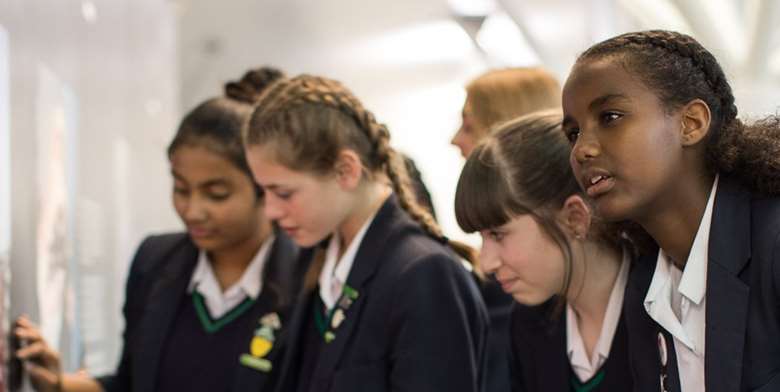#Chances4Children: Workshops inspired by Anne Frank ‘significantly reduce prejudice’ in young people
Fiona Simpson
Wednesday, December 2, 2020
Young people participating in education programmes run by the Anne Frank Trust UK benefit from “significant and long-lasting anti-prejudice outcomes”,’ a new report shows.

The report Building Commonality, by academics at the University of Kent, presents key outcomes of the charity’s anti-bullying, peer education, and anti-extremism workshops.
-
Related news: Homophobic and racist online bullying increasing, research warns
-
#Chances4Children: UK unites for Anti-Bullying Week
Findings include that 87.6 per cent of young people, aged 11 to 16, who took part achieved significant progress in their:
-
knowledge about prejudice
-
attitudes towards stereotypes
-
confidence to report prejudice-related bullying
-
feelings of empathy towards others
The report also reveals that 77.1 per cent of participants show more positive attitudes and 76.1 per cent have increased feelings of commonality to those different from themselves.
Of those young people who started out with little or no understanding of extremism, 94.6 per cent recognised that prejudice is dangerous and can cause extremism, the research shows.
The trust’s schemes include the Free to Be Programme, funded by the Department for Education, which helps schools and colleges build relationships between pupils, boost their resilience, and continue to tackle bullying both in person and online.
Tim Robertson, chief executive of the Anne Frank Trust UK said: “We know the coronavirus has made inequality worse. We know from #BlackLivesMatter that racism continues to shame our society. The question is: what can we do about it?
“This research shows that the Anne Frank Trust has part of the solution. We go into schools with the story of a teenager who, in the face of extreme prejudice, told her own story so others would understand. It makes a powerful difference to young people’s attitudes and values. It has a proven impact on prejudice.”
Dominic Abrams, professor of social psychology at the University of Kent, added: “This evidence shows that the trust’s approach to challenging prejudice, based on sound theory and rigorous evidence, is consistently making a substantial difference where it matters. It shows that real progress is possible, and the importance of that for young people and for society is unquestionable”.
-
Find out more about CYP Now’s #Chances4Children campaign




